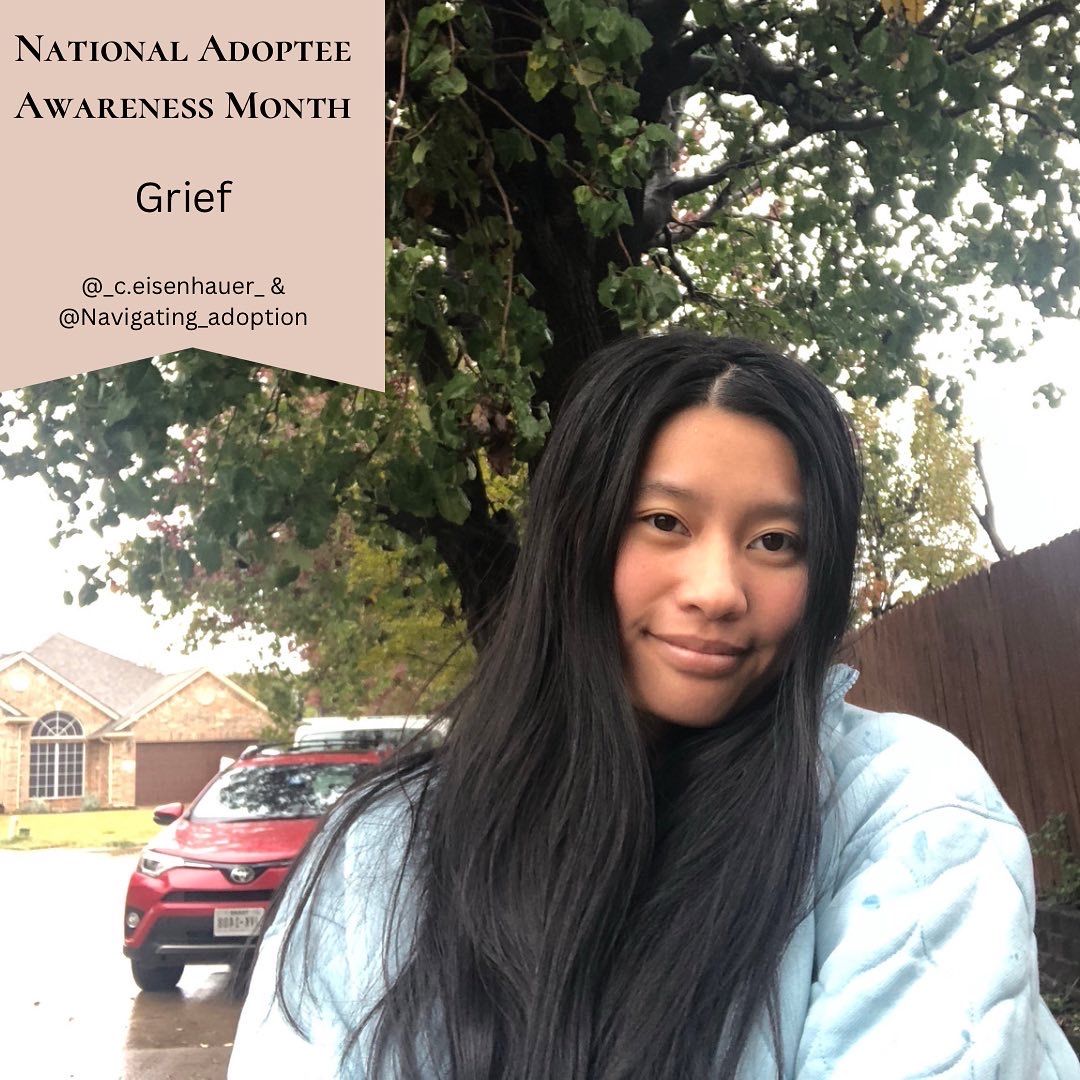Schlagwort: Adoptierten in Trauer und Verlust beistehen
-
Embracing Therapy as an Adoptee
—
von
In Adoptees Educate, Adoption Education for Adoptive Parents, Adoption Education for Professionals, Complexities in Adoption, Grief and Loss, Importance of Connections to Origins, Lifelong Impacts of Adoption, Multiple Identities, Not Knowing in Adoption, Herkunftssuche, Russland, Sense of Belonging, Therapy, Transrassische Adoption, Trauma bei der Adoption, USAOleg shares the journey from being ashamed of needing therapy to fully embracing and recognising the benefits it added to his life as an intercountry adoptee.
-
Gekauft und verkauft, das ist Adoption!
Lina does not sugarcoat what adoption is, from her lived experience she was bought and sold. Let’s be honest when we talk about adoption.
-
Eine Mahnwache für Christian Hall, 1 Jahr danach
Eine Online-Mahnwache am 30. Dezember 2021 zu Ehren von Christian Hall, der aus China in die USA adoptiert und während einer psychischen Episode von der Polizei erschossen wurde.
-
Adoptierte und Selbstmord an Weihnachten und Neujahr
Lynelle shares about this time of the year where some adoptees can struggle because it can amplify feelings of aloneness and isolation. Reach out to adoptees.
-
Does My Perspective Matter?
Part 2 of a 3 part artwork series that Dan Moen creates to share about his adoption experience, in this piece he paints to portray the lived experience of grief
-
Verzicht, Adoption und Trauer
Bina shares about the loss that goes unrecognised in adoption during November Adoption Awareness Month and highlights the necessity of support for grieving.
-
Origins matter
Mimi shares the adoptee reality of straddling two countries, cultures and people. Natural disasters trigger our thoughts about our birth country.
